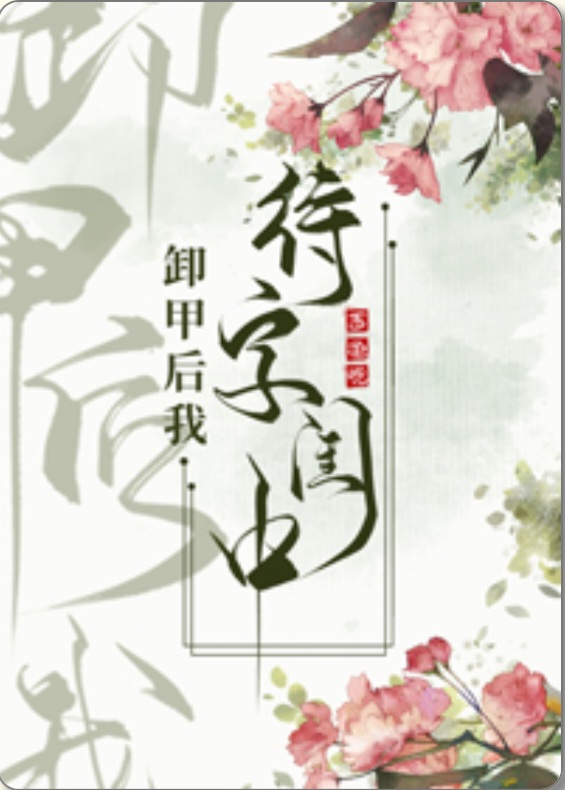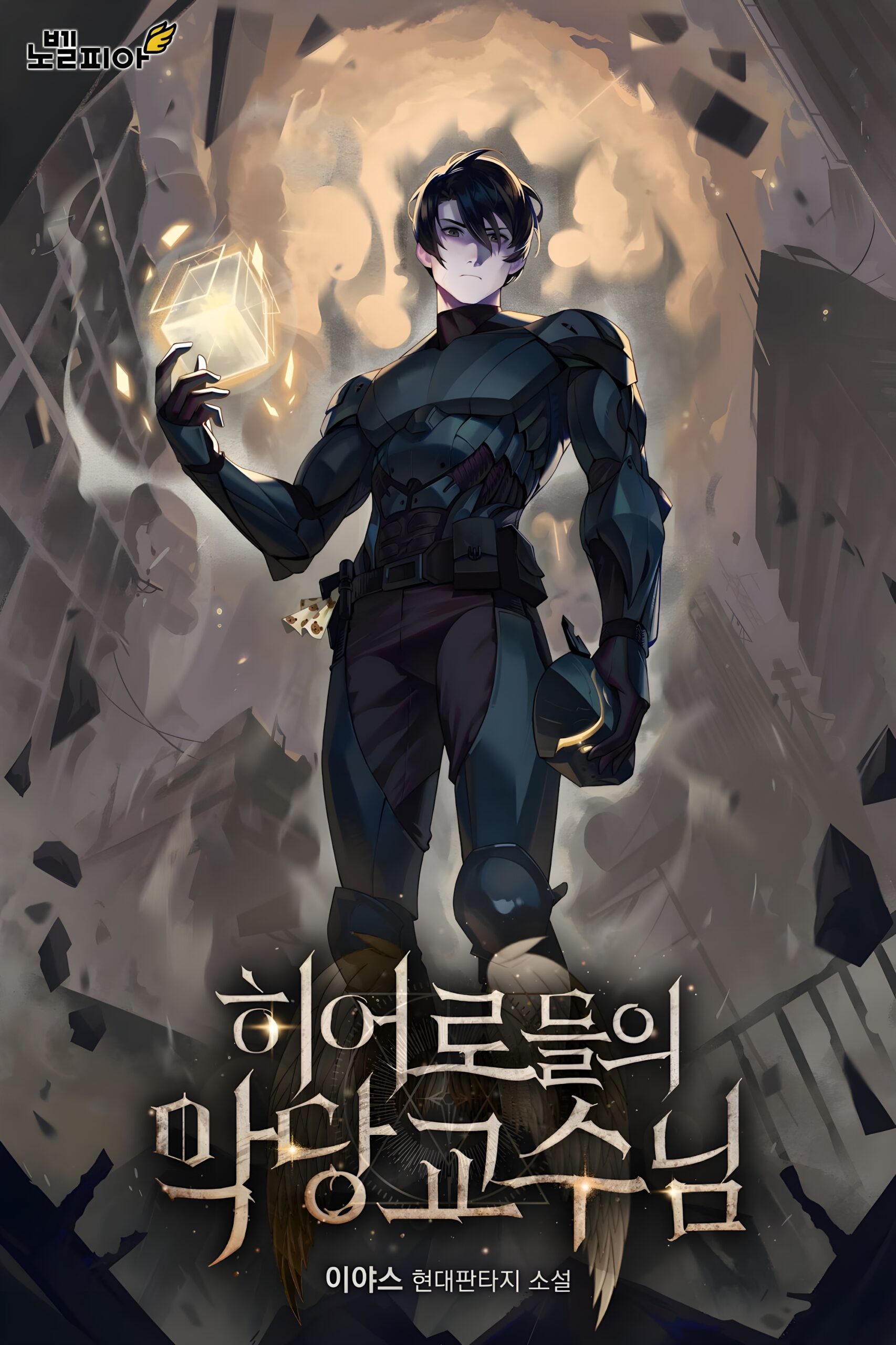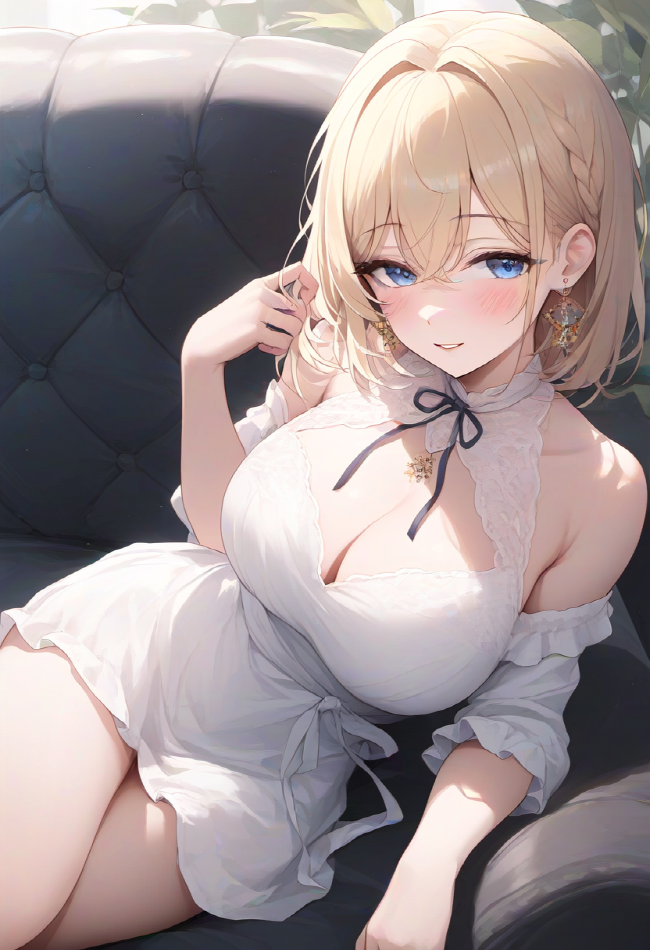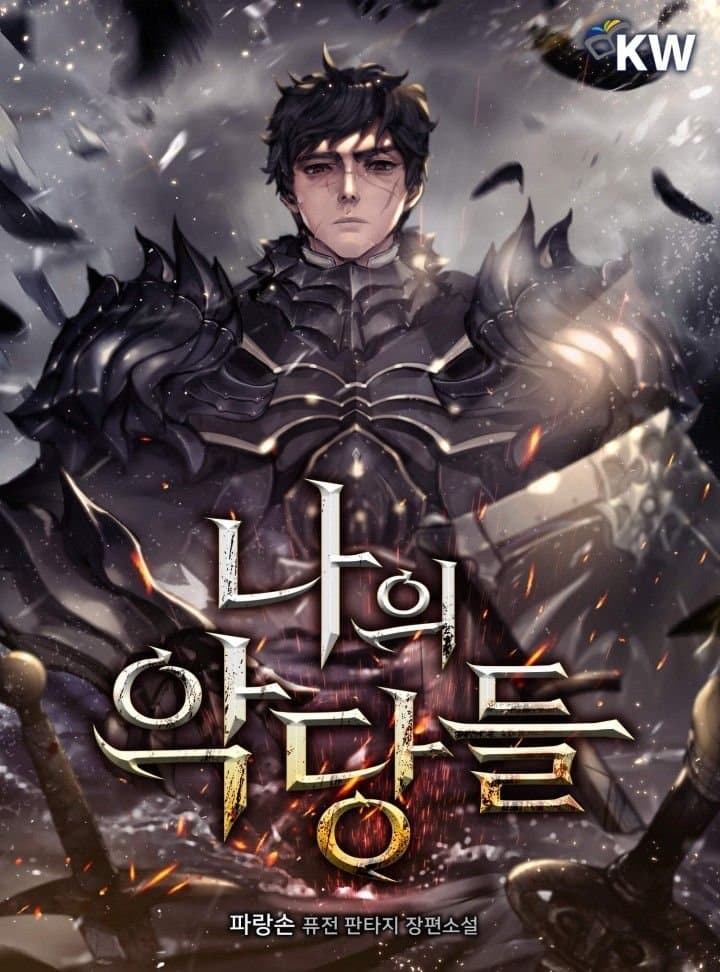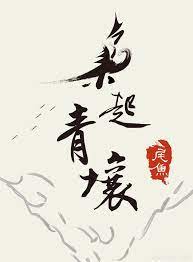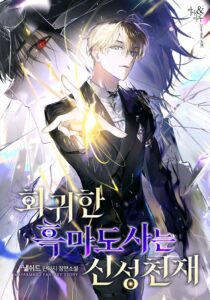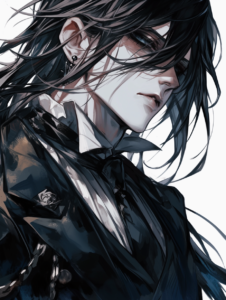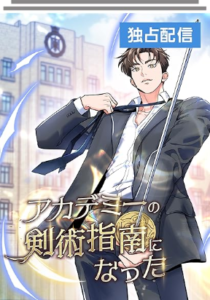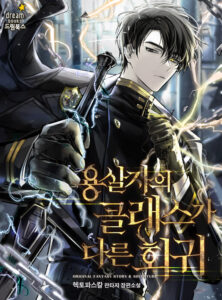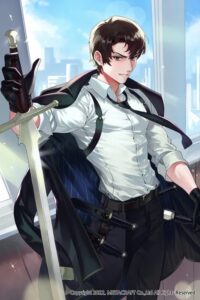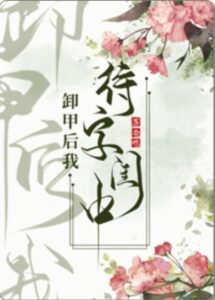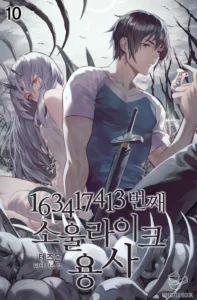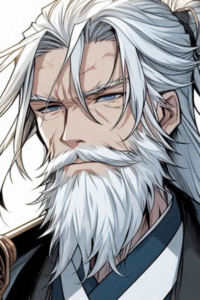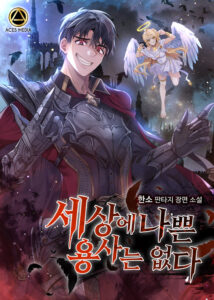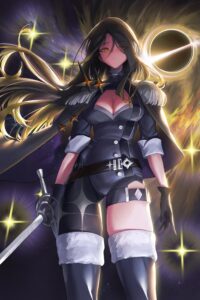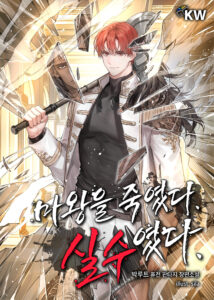The chubby pigeon blinked its small, beady eyes. It looked innocent and harmless, quite like the naïve and pure-hearted heroine often seen in folk tales.
Mu Qingyao glanced at the chubby pigeon, then at Wen Qize, confirming he wasn’t joking and genuinely intended to bring the chubby pigeon back to Prince An’s Manor.
The reason for bringing it back wasn’t entirely convincing, but it was still easier to handle than having her ask the Gu family for a maid.
So, Mu Qingyao nodded and said, “Okay.”
Wen Qize seemed delighted. He released his hand, allowing the chubby pigeon to flap its wings and fly back onto his shoulder. Then he asked Mu Qingyao, “Did you come to find me after getting everything ready?”
Mu Qingyao replied, “Yes, come with me to bid farewell to my father.”
Ever since Gu Qizheng recognized Mu Qingyao as his adopted daughter, she had changed her form of address from “Uncle” to “Father.”
In principle, she should call him “Adoptive Father,” but since Gu Qizheng had raised her for over a decade, rather than just adopting her midway, he more than deserved to be called “Father.”
“Alright.” Wen Qize took Mu Qingyao’s hand and led her to bid farewell to Gu Qizheng.
He added, “I know you worry that your father might feel lonely at home. I’ll visit often and take good care of him on your behalf.”
Mu Qingyao responded, “Thank you for your trouble.”
Wen Qize frowned and said, “Why speak of trouble between husband and wife?”
Mu Qingyao turned to glance back. She saw the maid, who had been kneeling with tear-streaked cheeks, finally come to her senses and rise to rush toward them, only to be held down and silenced by a maidservant following them.
Mu Qingyao retracted her gaze and unconsciously tightened her grip on Wen Qize’s hand, trying to suppress the sudden unease in her heart—
If one day he grew tired of her and shifted his affection and care to someone else, could she truly accept it gracefully and pretend to be generous?
…
After bidding farewell to Gu Qizheng, the two returned to the An Prince’s Manor.
The leave Wen Qize had taken for the wedding was also over, and from the next day onward, he resumed his daily routine, rising early to report for duty at Dali Temple.
Wen Qize held the position of temple magistrate at Dali Temple, handling countless cases daily, reviewing numerous old case files as references for his judgments. Occasionally, when he returned home, he would talk to Mu Qingyao about the strange cases he encountered at Dali Temple and the old records he came across.
Only then did Mu Qingyao understand why Wen Qize’s ideas often mirrored the development of folk tales. The bizarre events that occurred in real life were often stranger than fiction, and having spent so much time immersed in various records and case files, it was no wonder his thinking leaned toward the extraordinary.
Mu Qingyao listened with great interest when Wen Qize recounted those strange cases. She snacked on sunflower seeds and sipped hot tea, feeling very relaxed. But once night fell, she started to feel afraid.
It was summertime, and Mu Qingyao insisted on not sleeping close to Wen Qize, complaining that his body heat was too intense, making her sweat all night.
If Wen Qize insisted on getting close, Mu Qingyao would push him away. After all, Wen Qize had said himself that if she felt unwilling, she could scold him or push him.
Wen Qize didn’t seem upset when she did this, though he did look a bit forlorn. He slept on the edge of the bed, resembling a big dog abandoned by its owner. In those moments, the chubby pigeon would often fly over and rub its head against Wen Qize’s as if to comfort him.
But ever since listening to Wen Qize’s stories, Mu Qingyao found herself waking up in fright at night, feeling a chill down her back and unable to resist moving closer to Wen Qize.
Half asleep, Wen Qize would hold her, and she wouldn’t push him away. She would even lean further into his embrace.
On days when Wen Qize had the next day off, things got even better. Even if they spent the whole night fooling around, Mu Qingyao wouldn’t push him away just because she felt hot. By the end, the mat would be soaked with both their sweat, and they’d have to replace it because they couldn’t sleep on it otherwise.
After experiencing this warmth, Wen Qize became even more eager to share his stories.
Mu Qingyao wanted to cover her ears to avoid listening, but having just joined the household, she didn’t dare to have someone buy her folk tales indiscriminately. She was at a stage where she was eager to hear more stories, so once Wen Qize began a tale, she couldn’t stop listening and wanted him to keep going.
Later, Mu Qingyao discovered that the Princess Consort secretly loved reading folk tales too. So, pretending to be interested, she borrowed a few books from her. After finishing them, she’d borrow more, which made the Princess Consort see her as a confidante. Every time the Princess Consort bought a new storybook, she’d make sure it was wrapped and sent over to Mu Qingyao.
Once Mu Qingyao satisfied her craving, Wen Qize’s stories lost their effect. By then, the weather had cooled, and the bustling capital had entered the refreshing, dry autumn season. Mu Qingyao no longer needed to push Wen Qize away out of fear of overheating.
…
Most matters in Prince An’s Manor were managed by the Princess Consort. After Mu Qingyao married in, she only needed to take care of her and Wen Qize’s courtyard and occasionally accompany the Princess Consort to a few banquets. There was hardly anything for her to do.
Coincidentally, the Empress was recruiting teachers for Lingxi Academy, so Mu Qingyao decided to try her luck. Fortune smiled on her, and she was hired as a painting instructor at the academy.
Mu Qingyao thought her life would become more fulfilling, but to her surprise, the academy had just introduced a new monthly exam system.
Courses like music, chess, calligraphy, painting, incense ceremonies, and tea ceremonies weren’t difficult to assess. Additionally, the young ladies at the academy mostly came from prominent families and had been exposed to these subjects before, so they could excel without much risk of low scores.
In contrast, the teachers of classics and poetry were having a hard time. Both of these subjects were included in the imperial examinations, making them difficult to teach and with high passing standards.
The students’ monthly exam scores were linked to the teachers’ monthly stipends, so those teaching these two subjects often borrowed time from other teachers’ classes. But they rarely returned the favor, leaving Mu Qingyao’s previously full schedule suddenly empty again.
As winter approached, Mu Qingyao couldn’t be bothered to look for new things to do. Instead, she settled in at her desk, picked up her pen, and began writing the kind of storybook she loved to read.
Mu Qingyao wrote a lengthy story. After completing the first volume, she eagerly had her maid take it to a bookstore to sell. However, the bookstore thought her book wasn’t well-written, and halfway through, they concluded it was unlikely to sell and was therefore worthless.
When the maid relayed this to her, Mu Qingyao felt indignant. After reading storybooks for so many years, how could her writing be considered worthless?
Nonetheless, the bookstore’s reaction dealt her a heavy blow. She stored away her manuscript, and her plan to write the second volume was abandoned.
Near the New Year, she happened to come across her own story while reading other books. At first, she didn’t realize it was hers. After two chapters, she thought, “Who wrote this? It’s so boring. I should note the author’s name so I can avoid wasting money on them in the future.”
When she flipped to the cover, she remembered it was her own work.
This realization dealt her yet another blow—her writing was so unappealing that even she didn’t enjoy it. No wonder the bookstore had rejected it.
Feeling down for a day or two, she quickly moved on and put the matter out of her mind.
During the New Year celebrations, Mu Qingyao accompanied the Princess Consort to the palace to visit the Empress.
The Empress remembered her and, during their conversation, asked about the academy. She inquired if Mu Qingyao would be interested in teaching additional subjects, as the academy was planning to enroll more students, and there were already not enough teachers.
Mu Qingyao was interested, but the question was—what else could she teach?
She was skilled in music, chess, calligraphy, and painting, but teaching these would likely mean having her class time taken away again.
Although she knew a bit about classics, poetry, astronomy, and numerology, she wasn’t proficient enough to teach them as an instructor.
Mu Qingyao pondered for a few days and eventually decided to attend classes at the academy along with the students. If she didn’t know something, she’d just learn it; after all, she had plenty of free time.
Unexpectedly, she displayed a remarkable talent in numerology. In less than a year, she completed content that typically took others three to four years to master. She even applied to the academy to become a numerology instructor and, just like the teachers who used to take over her classes, began borrowing others’ classes herself.
Although the academy’s schedule was demanding, it wasn’t so hectic that she had no time for herself.
At home, she had plenty of time to chat with the Princess Consort, pay her respects to the Dowager Consort, and, in the evenings, let Wen Qize draw her into activities in bed to expend their extra energy.
She was also reading storybooks and became captivated by a newly published one called “The Story of Boiling Rain” (Zhu Yu Ji).
The author’s name was unfamiliar to her; Mu Qingyao hadn’t come across it before. But the writing was so good that she even wondered if the author was an established writer using a new pen name.
Later, she dismissed this thought because “The Story of Boiling Rain” had such a unique writing style, unlike any of the other storybooks she’d read.
Only the first volume of “The Story of Boiling Rain” had been released, and after finishing it, Mu Qingyao eagerly awaited the second volume. But after waiting and waiting with no result, she could only re-read the first volume multiple times.
As she read, Mu Qingyao began to sense a faint feeling of familiarity. She thought, “Where have I seen these character names before?”
She couldn’t for the life of her remember where, so she sifted through all the storybooks she had, including those borrowed from the Princess Consort. Eventually, she discovered something very strange—
The characters and plot of “The Story of Boiling Rain” were incredibly similar to the storybook she had written a year ago.
This was impossible, Mu Qingyao thought. No one besides herself and the bookstore staff had seen her manuscript, and even then, the bookstore only read half of it. How could they know the plot that followed?
Confused, Mu Qingyao looked again at the cover of “The Story of Boiling Rain”, and that’s when she noticed the author’s name: “Huizhi Resident.”
“Huizhi Resident… Hui Zhi… Huizhi?!?”
Author’s Note:
Mu Qingyao: “My husband secretly wrote a storybook behind my back, used the outline I created, and wrote it even better than I did.” 🙂
Translator’s notes:
Dali Temple: Dali Temple is the name of an ancient government office, the office that amanges prisons. In addition to temples, “temple” also means official office. In the Qin Dynasty, the place where officials appointed their posts was known as the temple. At that time, the court was mainly in charge of the prison and reviewed serious suspected crimes in various places. The origin of Dali Temple’s name has a specific meaning: Li, meaning to administer punishment. See here for more info.
The pen name of the author at the end is 卉织居士 (Huì zhī jū shì). Here is a breakdown of the characters:
- 卉 (huì): meaning “plant” or “flora.”
- 织 (zhī): meaning “weave” or “knit.”
- 居士 (jū shì): a term often used for a layperson or a non-monastic person of learning or spirituality, sometimes translated as “resident” or “lay scholar.”
When Mu Qingyao realizes the connection to her *spoiler in case you didn’t catch on* her husband’s name, she’s breaking down “卉织” (Huì zhī) to realize that it sounds like “惠之” (Huì Zhī).
If you enjoy my translations, feel free to consider supporting me on ko-fi! Thank you!
![]()
Release schedule: Every Monday.
Unlock chapters to read ahead!
